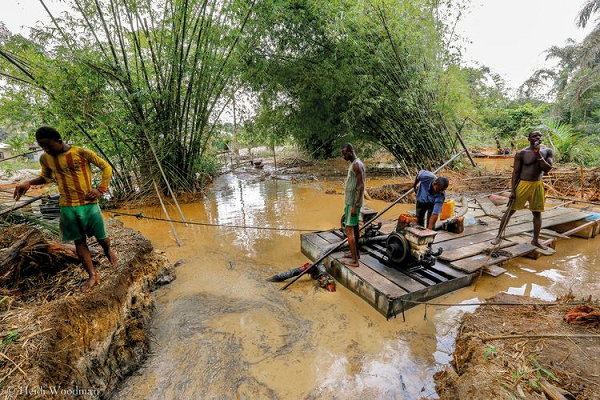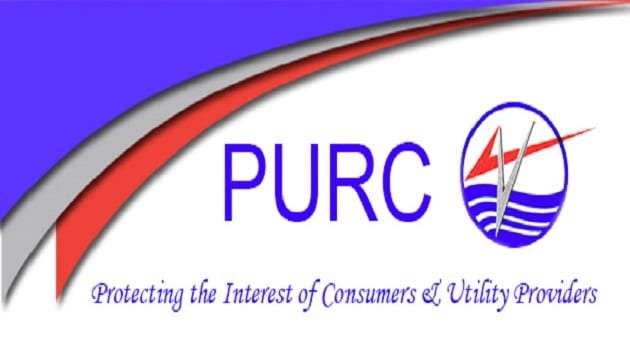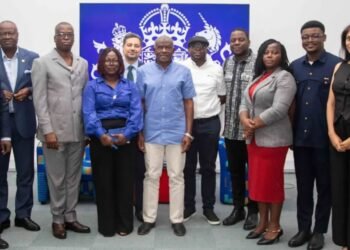The Public Utilities Regulatory Commission (PURC) in the Ashanti Region has reaffirmed its commitment to addressing persistent water and electricity challenges affecting residents.
In a recent media engagement, Richard Asiedu, the Ashanti Regional Public Relations Officer (PRO) of PURC, outlined ongoing efforts to enhance utility service delivery through responsible regulation and stakeholder collaboration.
Speaking to the media, Asiedu emphasized that the Commission’s role is akin to that of a referee, ensuring that both utility providers and consumers meet their obligations.
“Whatever we do here, we do to the satisfaction of consumers and that of the utility providers.
“We are like a referee, but we also make sure that whoever has a responsibility to perform is monitored to ensure the right things are being done.”
Richard Asiedu, the Ashanti Regional Public Relations Officer (PRO) of PURC
The Commission has intensified its monitoring programs to hold utility providers accountable and ensure that Electricity Company of Ghana (ECG) and Ghana Water Limited (GWL) deliver on their service contracts with customers.
This includes regular inspections, compliance audits, and performance reviews to identify gaps and recommend corrective actions.
The PURC has made significant progress in resolving consumer complaints related to electricity and water services.
In 2024, the Commission received a total of 1,101 complaints against ECG and GWL. Remarkably, 1,050 complaints, representing 95.4%, were successfully resolved.
Asiedu highlighted that the Commission’s proactive approach to handling complaints has improved public trust and strengthened accountability mechanisms within utility companies.
PURC Call for Addressing Illegal Mining

One of the critical challenges affecting water supply in the Ashanti Region is the impact of illegal mining activities (galamsey).
Asiedu noted that illegal mining has significantly contaminated water bodies, making it difficult for GWL to maintain consistent production levels.
“Our interventions also aim to curb illegal mining, which has significantly impacted Ghana Water Limited’s production, leading to water shortages and other utility-related challenges.”
Richard Asiedu, the Ashanti Regional Public Relations Officer (PRO) of PURC
The PURC is working closely with traditional leaders, security agencies, and local authorities to combat illegal mining and protect water sources. This multi-stakeholder approach aims to ensure the sustainability of water resources and improve supply reliability.
The Commission’s role is not limited to regulating utility providers; it also emphasizes the responsibilities of consumers.
Asiedu pointed out that for the utility sector to thrive, customers must play their part by “paying bills promptly, reporting service issues, avoiding illegal connections and conserving water and electricity.”
“If utility providers are not able to serve customers well, then they do not deserve what is expected from the customer.
“We try to balance the equation, ensuring that providers discharge their duties effectively while customers fulfill their payment obligations.”
Richard Asiedu, the Ashanti Regional Public Relations Officer (PRO) of PURC
This balanced approach ensures that the financial sustainability of utility providers is maintained, which is critical for ongoing infrastructure development and service improvements.
The PURC in the Ashanti Region has demonstrated a strong commitment to improving water and electricity services.
the PURC’s proactive approach to monitoring and regulating utility providers in the Ashanti Region underscores its commitment to ensuring that consumers receive reliable and efficient services.
By focusing on stakeholder collaboration, timely complaint resolution, and the balance of responsibilities between consumers and providers, the Commission is working toward a more sustainable and accountable utility sector.
The path forward will require continued vigilance and cooperative efforts to address the ongoing challenges facing the sector, with a focus on improving water and electricity provision for the people of the Ashanti Region.





















